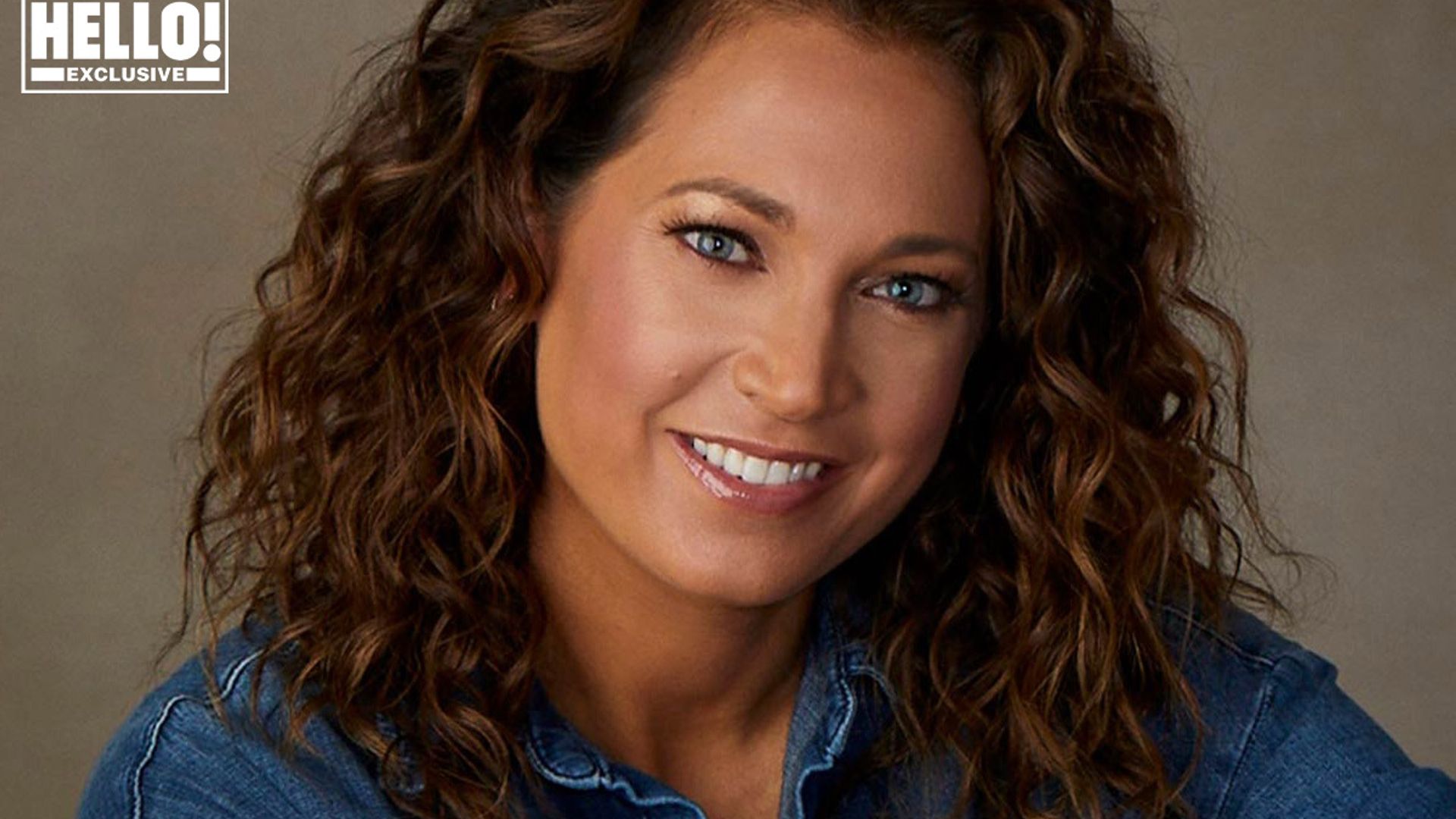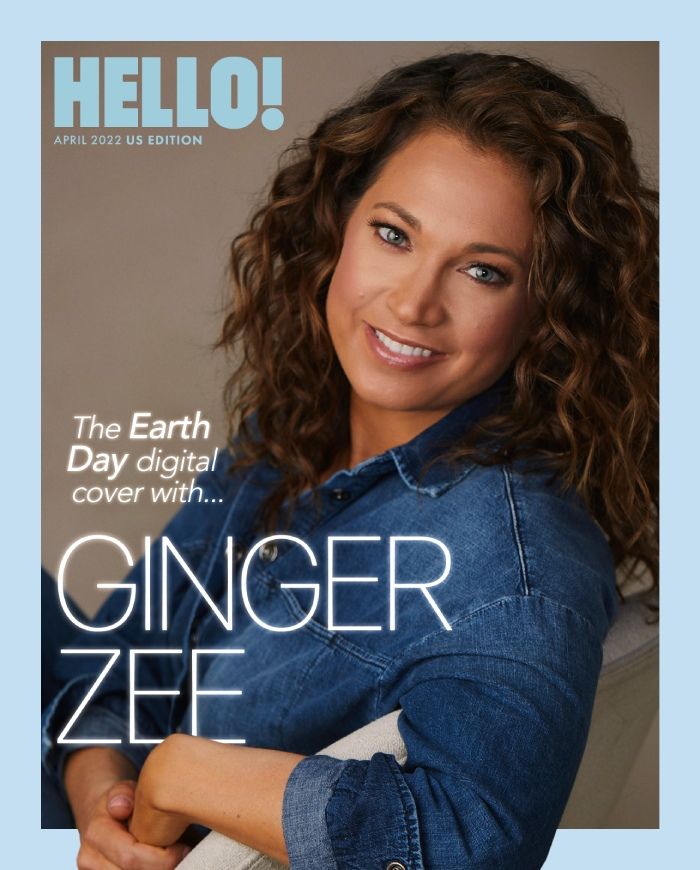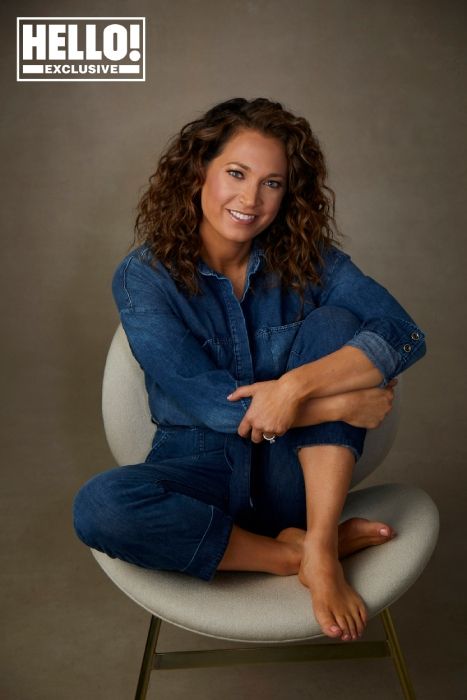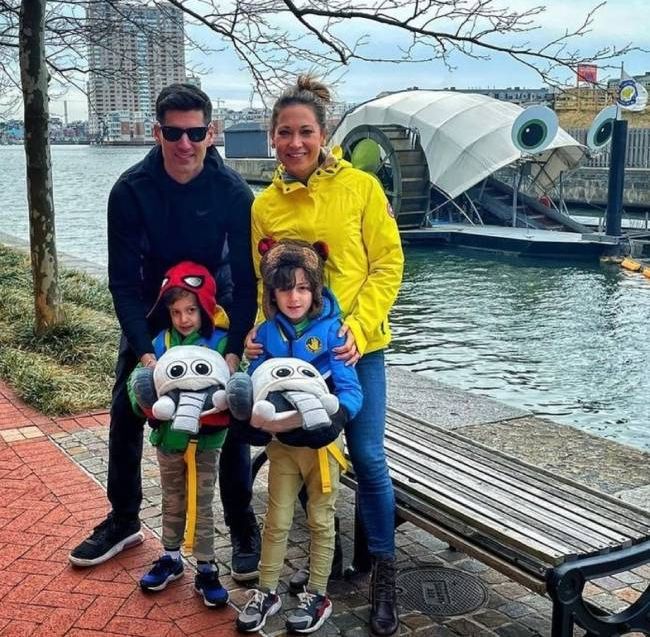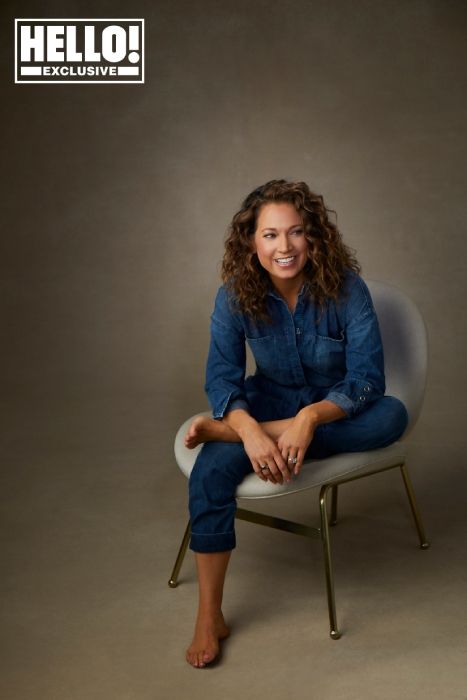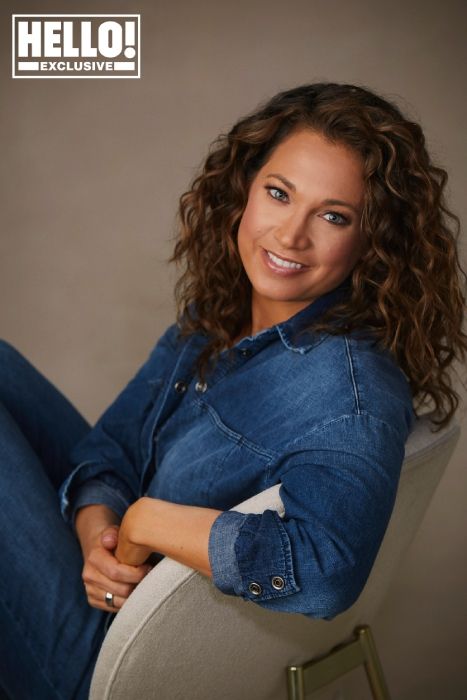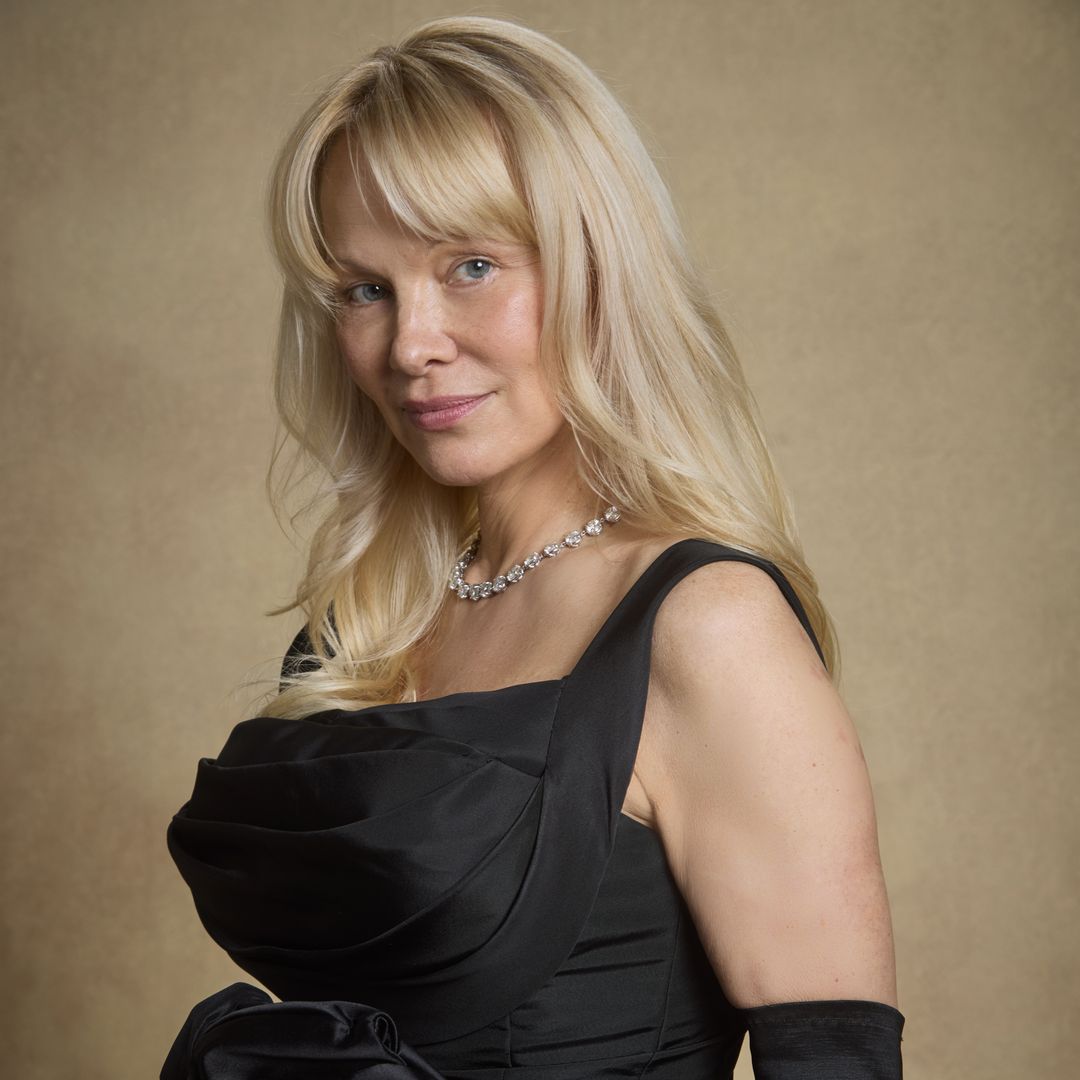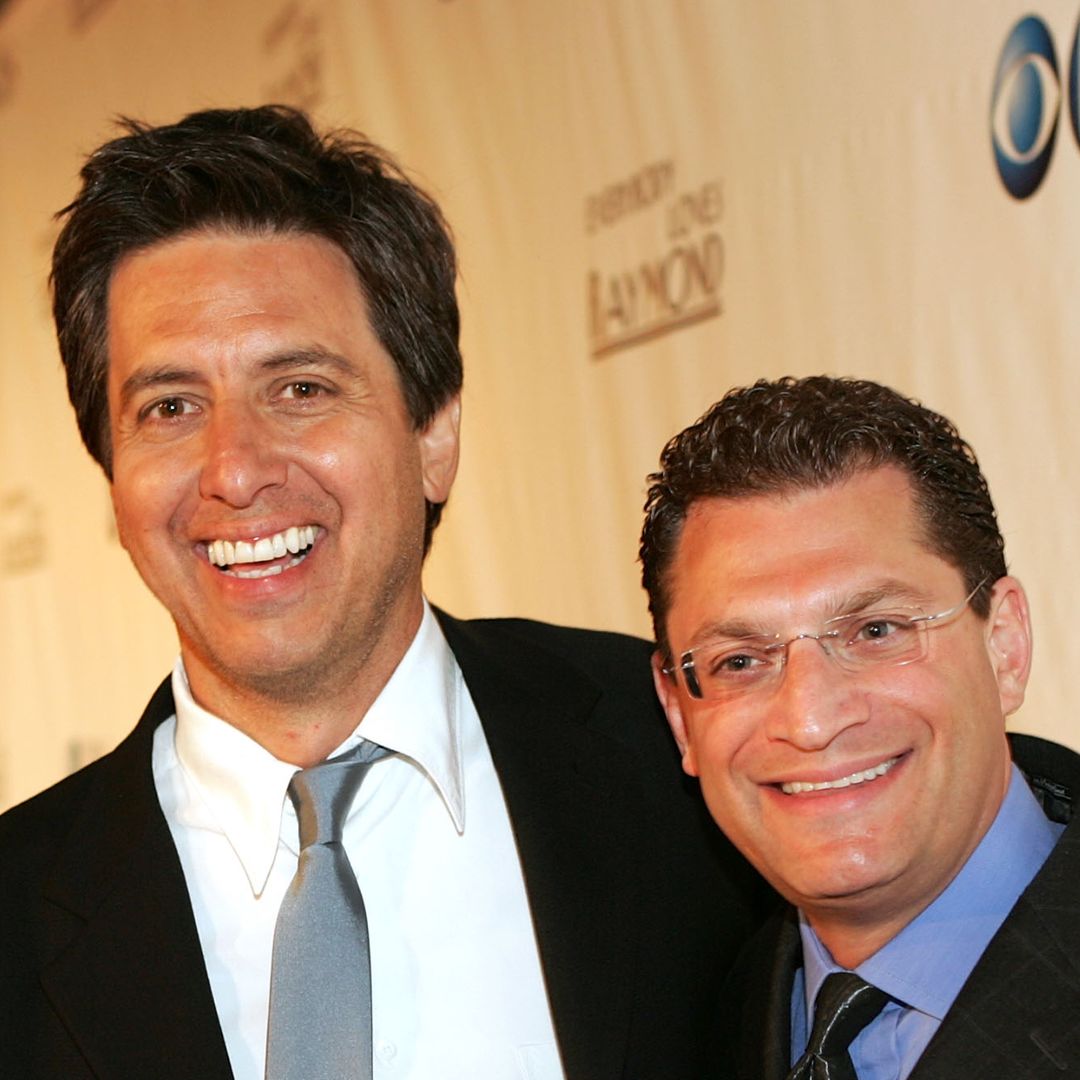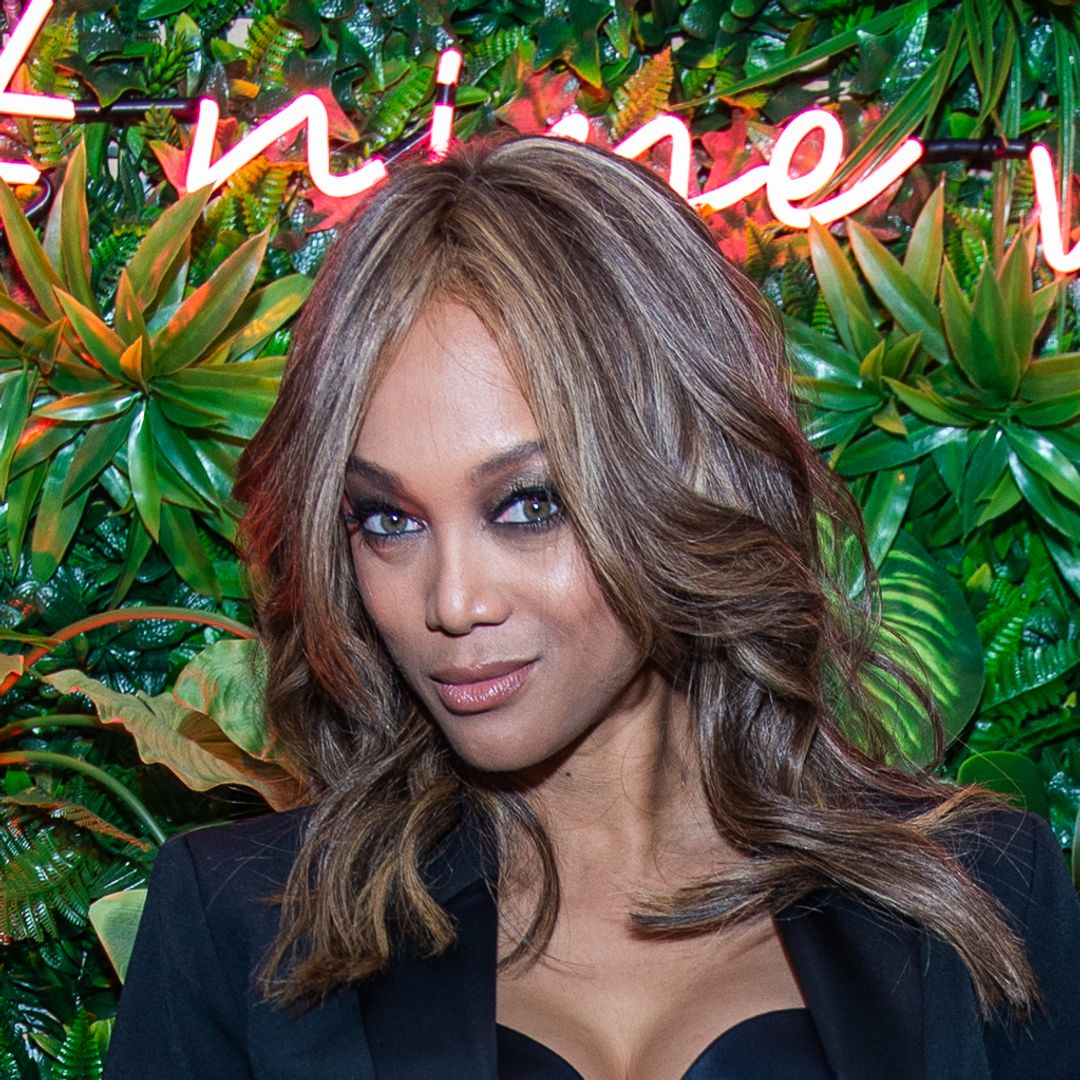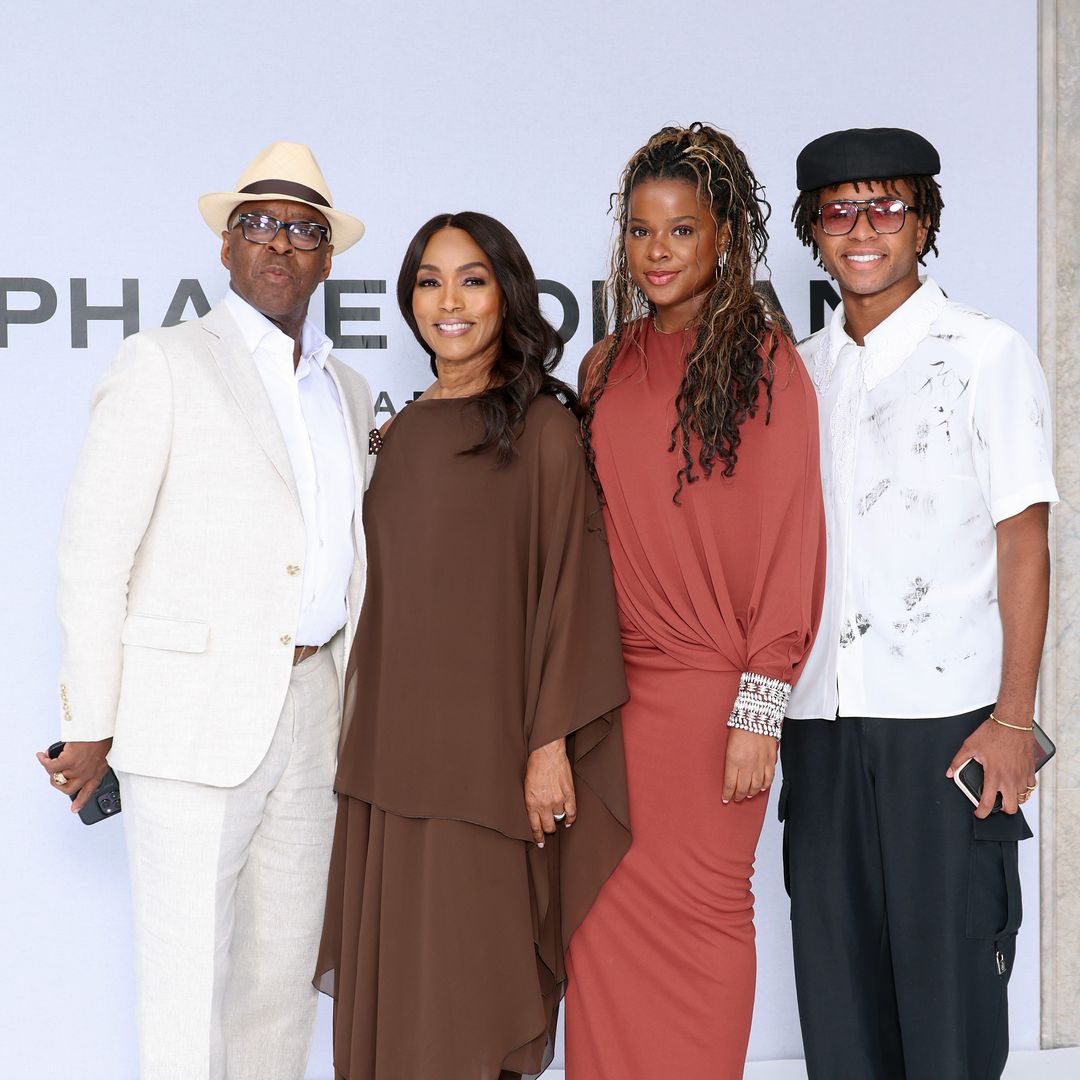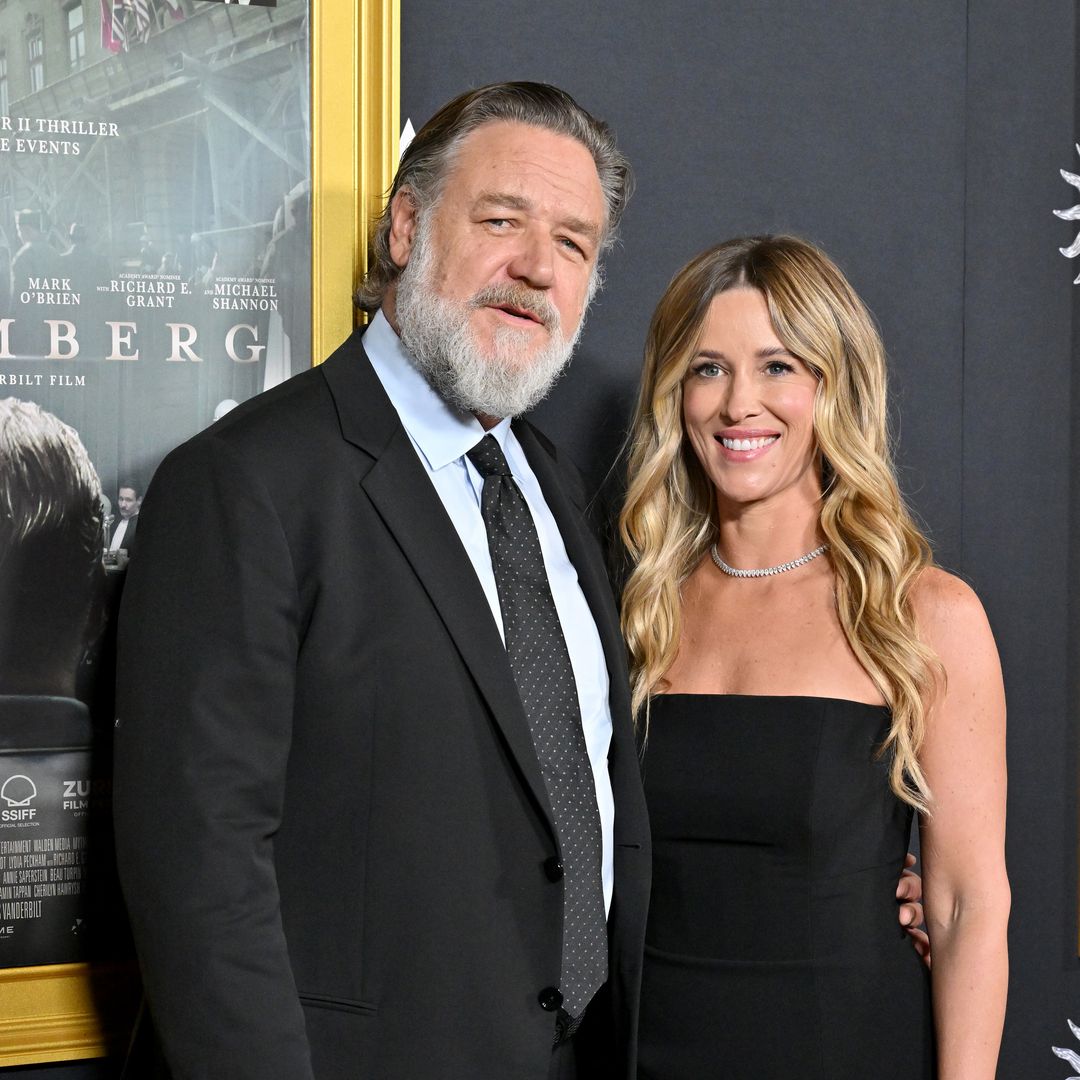Over the last ten years, Ginger Zee has become the face of environmentalism as ABC News' Chief Meteorologist and Climate Unit Managing Editor, using her passion and knowledge to encourage the more than eight million viewers to think differently about their relationship with everything from food to fashion.
Growing up composting on a farm, she lived a very different life to her friends and credits a summer of watching thunderstorms over Lake Michigan for her desire to "put together the puzzle" of the weather.
Now, she is taking her two young sons and husband Ben Aaron out on the road for a new National Geographic show, Branching Out: A Nat Geo Earth Day Adventure, which sees them skipping traditional pit stops and instead going out in search of greener solutions that ensure a better future.
"We are societally moving away from a divided feeling—people want to know more, and want education. There are really exciting solutions, it's not too late," she says.
MORE: 7 simple sustainable swaps to make for an eco-friendly home
MORE: Ginger Zee updates fans with new photo of husband and children as fans react
For Earth Day 2022, Ginger spoke to HELLO! about the importance of reconsidering our relationship to gas, sustainable fashion, and why her husband was a tough sell on one very specific product.
Did you know ten years ago that so much of your job would be about climate change?
"I hoped it would be. I was ready! I grew up composting on a small farm and I didn't know growing up I was different to the rest of the world until I went to university.
"We had geothermal heat and wood burning fires, we used very little electricity, it is just part of the fabric of who I am."
WATCH: Branching Out: A Nat Geo Earth Day Adventure
The official theme for 2022 Earth Day is Invest In Our Planet, what changes have you and your family made to invest?
"Number one is making sure we put the onus on a broader scale - there has to be policy and private companies that are making the difference. Each individual is wonderful but it has to come in unison with voting and using our dollar.
"I don't want something that has to come in by airplane or ship, so I will shop at the market and support local farmers which we love to do.
"Right now we are working on rewilding our yard because green grass became the American ideal for so long but it is incredibly wasteful and needs fertilizers and chemicals and water, and all of that is so unnecessary. Making the native lawn fashionable is one of my goals.
"My husband was a tough sale but I am proud to say we haven't purchased paper towels in three years. We use something we call an 'un-paper towel' and they are reusable, we wash them in our washing machine with which we are also frugal - they are huge energy sucks. With washing, we use sheets, a replacement for laundry detergent where the soap is smashed into the sheets.
"We make lots of choices like that—what containers our toothpaste is in, and making sure our hand soap is dissolvable. I would always encourage people to eliminate single use plastic, and use companies thinking about their packaging. I am a very annoying person when I go to the grocery store, to be honest."
MORE: Ginger Zee posts never-before-seen throwback family photo as she honors special someone
'The biggest thing to realise is you are more than just an individual and your home,' says Ginger
Sometimes it can be scary to know where to start to help our planet - what are the top three tips you suggest for anyone who doesn't know where to start?
"The biggest thing to realise is you are more than just an individual and your home, you are in your community and workplace and so when you adapt it doesn't have to stop at the front door. Raise it in other places and vote for people who want to protect your environment.
"But something that is really simple–I don't know why we got away from wash bars. We now use liquid soap in big plastic containers, and we use single-use wipes for make up.
"Those are things in our daily routine where not only are you going to help the planet you will help yourself because those wipes are $12 a pack? Use a washcloth! Everyone is motivated by a dollar so look into that.
"And if you have the ability, not everyone can, but composting. It scares people but there are so many cool ways to do it. I use a container called a Subpod which is underground and has no problems with pests.
"But in cities, we can ask and push our representatives for more composting abilities. They need to hear residents want it."
RELATED: 7 ways to make your wardrobe more sustainable
"They already know we live a different lifestyle," Ginger says of her young boys
Do you speak to your boys about the struggles facing the earth?
"We already drive an electric vehicle (EV) so we've been talking about it for as long as I can remember, and composting is not something their friends do so they already know we live a different lifestyle.
"We talk about it every single day - my kids can't take a bite of something without me talking about where it came from. The big thing is also single-use water bottles, and it needs to be rethought and the best time to teach that is when they are five."
You have a show with National Geographic called Branching Out, was there a moment on that trip that surprised you or made you reconsider something in a new way?
"Vertical farming doesn't use soil but LED lights and it's been touted as the future of farming, but you can't do anything nutrient dense, anything bigger than a strawberry. I have always thought, 'That is nice but doesn't give us anything for a city.'
"We went to the world's largest where they are growing salad and greens, and the CEO at the facility said it comes down to the market, it comes down to people buying this product and making it cost effective. So a lot of stories end up being like that, that we have to make it cheaper and that's where we see the change."
MORE: Lily Cole launches cruelty-free make up range for The Body Shop
Ginger wants us to rethink the way we talk about fashion
The fashion industry is responsible for over 8% of total greenhouse gas emissions, I know you're into sustainable fashion, what differences can we all make, and what companies do you like?
"We have seen images of burning piles of clothes, and it's frightening to think how much we are consumed by fast fashion. But when I used to think of sustainable fashion it was sack-like dresses so we have to redefine it and make it fashionable.
"I am big into reuse, buying quality items and using it for as long as you possibly can and so when someone says, 'Oh I like your dress,' we don't say, 'It was $19,' we say, 'I've had it since 1999!' That is what I want people to say to each other.
"Of course we are humans so we grow and change, so it's also about sharing. Poshmark and ThredUp and these companies have made it easy for us to have online garage sales and to put value in something, in that dress we had since 1999. Just like food, you don't want to go clothes shopping with me: 'Where did that string come from?'
"I laugh but we need to be more thoughtful and it can be meditative to think, 'I am connected and invested and have given intention to what I am eating and wearing.'
"A lot of fashion isn't regulated so it's difficult to say, 'This brand is doing great things and this one is not,'' but I do like to look for post-consumer recycled waste being used. I like Outdoor Voices for outerwear, they are comfortable."
Ginger took her family of four out on an EV road trip for ABC
You are taking part in an EV road trip for Good Morning America, driving 2000 miles with your family. One of the biggest concerns with EV is running out of charge, how is your family of four preparing?
"I would tell people we had an EV and they said, 'What if you go on a road trip?' so I decided to take them up on it. We realised in Branching Out that the infrastructure is certainly far from perfect. Tesla has the most extensive network but charges for the other EV's out there will require more planning.
"And the reality is that with gas it may take 10 minutes but for a full charge it can be 30 minutes. But if you are on an eight hour road trip, every doctor in the world will tell you to get out and stretch for 30 minutes, so it's also really making the most of your time!
"We are also anticipating that the fuel costs for a vehicle of the same size will be almost $600, and we are expecting $120 - that is big. We learned during Branching Out is that almost every major hotel chain has chargers that are free for EV drivers. On that trip we spent $8.07 in six days!
"Now, people will say electricity comes from fossil fuels and that's true, we are not getting away scot free but in general it is a giant savings for the environment. I think it's exciting. I assume we will find other challenges during our trip but I come back to this - the auto vehicle was born in Detroit and we are at the century mark of a pivotal time in the way we travel, and what an exciting time to be in. Do you think the first car was perfect with gas stations on every corner? It will take time but also patience and understanding that what you read today will be different in a year from now - and better.
"We do need to be realistic and there are some things that are imperfect still. People are worried about batteries and what happens when they die. Well, there are great companies who use the materials and are recycling them. We also don't know how long the batteries last.
"It is a mystery because we have never done it before, but it's a roll of the dice... and it is working."
Pictures courtesy of ABC
Read more HELLO! US stories here
Like this story? Sign up to our HELLO! newsletters to get other stories like this delivered straight to your inbox.
